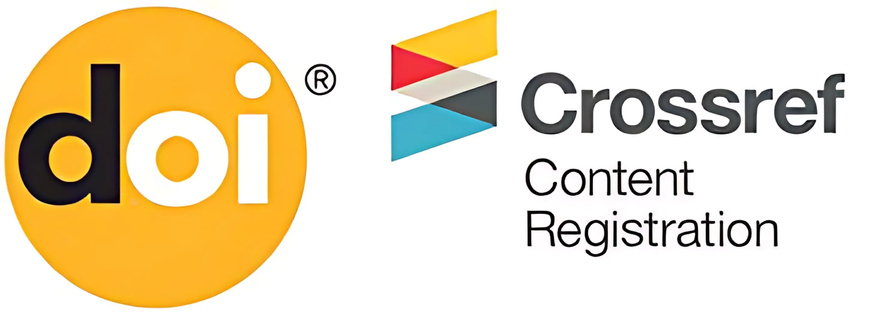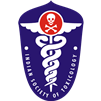Vol.1 Issue No.2 (2005): Journal of Indian Society of Toxicology
When the Department of Analytical Toxicology at our institute (Amrita Institute of Medical Sciences & Research, Cochin) completed its first 6 months of operations, emerging from uncertain infancy to stabilizing childhood, we thought that the next step should be to get it accredited as an authorized Poison Control Centre by none other than the World Health Organization. When requested, Mr. Alexander von Hildebrand, the Regional Adviser, Chemical Safety, at the South East Asian Regional Office of the WHO, New Delhi, promptly visited the department along with Mr. AK Sengupta, the National Professional Officer, and made a thorough scrutiny of our facilities and services. They were so impressed that the moment they got back to New Delhi, they recommended that the AIMS Centre be recognized as one of the authorized Poison Control Centres in India. Since then much water (poison!) has flown under the bridge. The Dept of Analytical Toxicology began to make rapid strides in the effective provision of poison information and analytical services to the doctors, hospitals, and general public of not only Kerala state, but also to the neighbouring regions. Two conferences were organized, a comprehensive treatise on poisons was released, and work was started on preparing an indigenous software package on poisoning. The genesis of the Indian Society of Toxicology is but the latest in a series of steps being undertaken by us to uplift the subject of toxicology in India, where it has been lying in a state of neglect for far too long. The journal that you now hold in your hands is the official publication of the Society, and it will be our endeavour to ensure that it ranks among the best of its kind in the world. All articles will be peer reviewed and cleared by a panel of distinguished experts. The Indian Society of Toxicology has attracted tremendous response by way of membership, not only from toxicologists, but also from forensic professionals, physicians, pharmacologists, and pharmacists, and more memberships continue to pour in. The Society is unique precisely because of this burgeoning composite, heterogenous group of members, who can interact with each other on all aspects of toxicology on an equal footing, without bias or discrimination. We are confident that the Society will grow from strength to strength, and help raise awareness on the importance of toxicology among doctors, scientists, law enforcement agencies, and the lay public through seminars, talks, and publications. Among the many future objectives that we propose to take up, one of the most important would be to convince the Medical Council of India to encourage the introduction of toxicology as a postgraduate discipline (Medical Toxicology) in all the medical colleges of the country.



